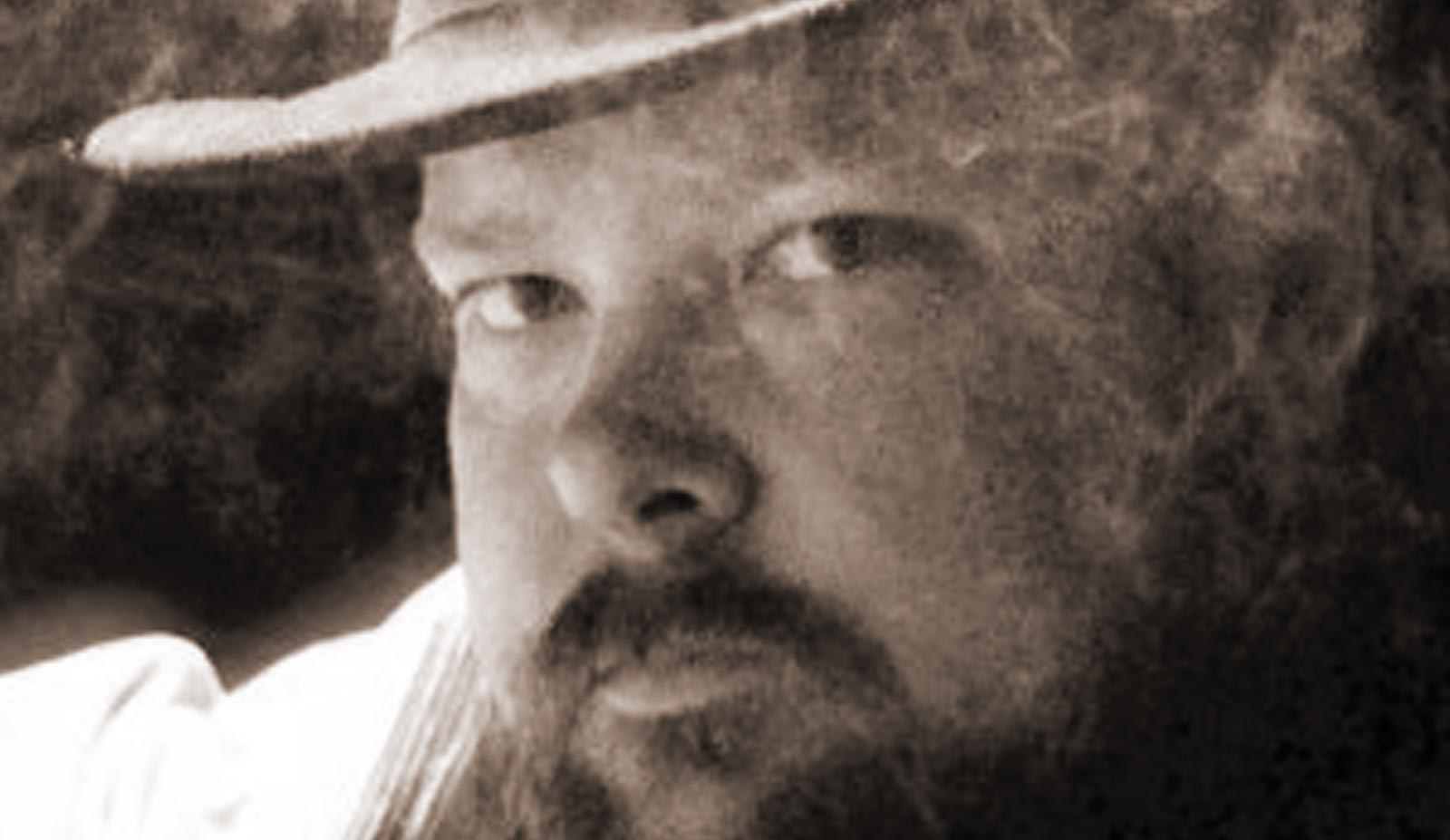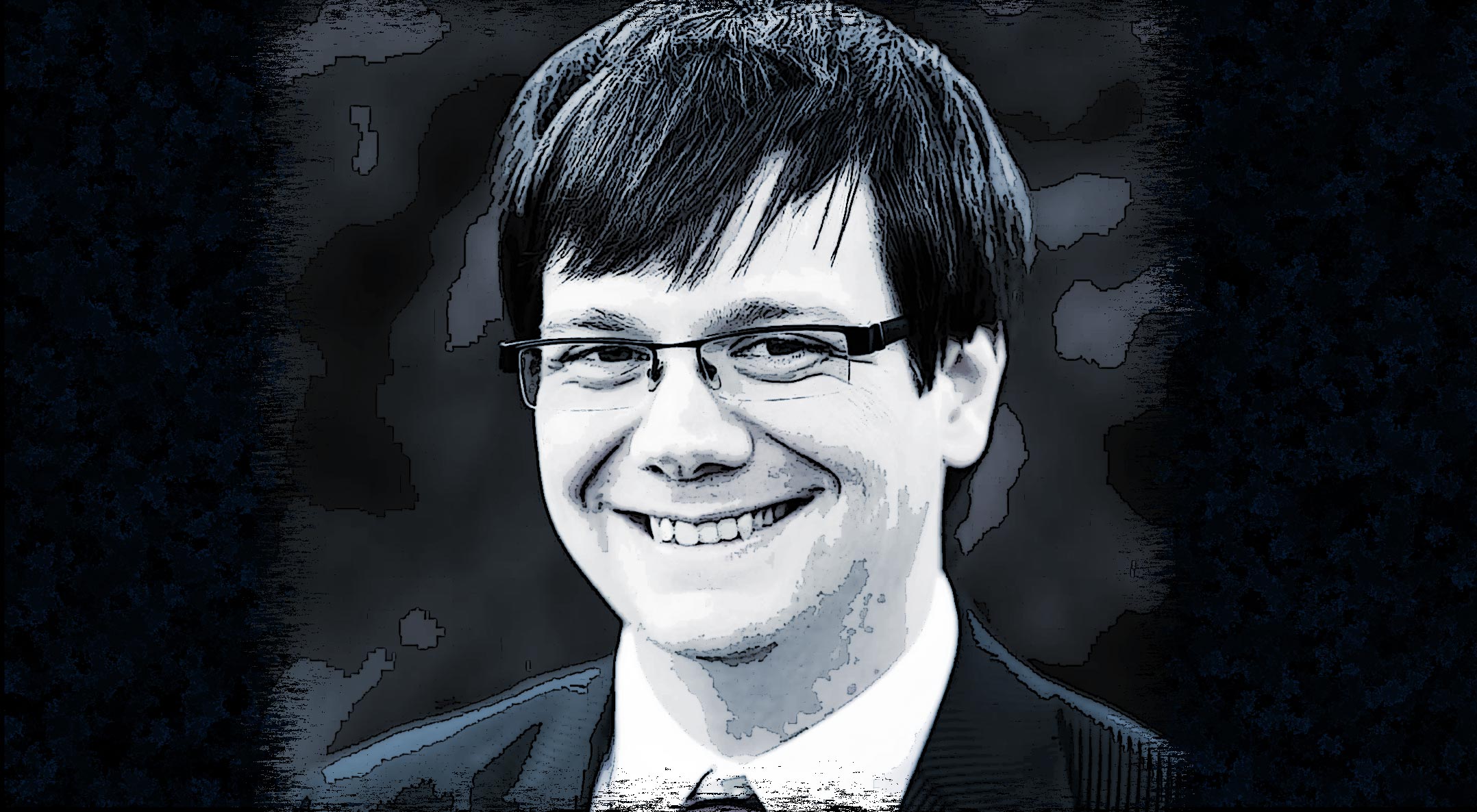 Friends, this is just fabulous. Peter Ellis – whose name you may recognize from the many insightful comments he’s contributed to various posts – has indulged in some statistical research and presented us with an intriguing gift: A breakdown of the stories that we’ve workshopped!
Friends, this is just fabulous. Peter Ellis – whose name you may recognize from the many insightful comments he’s contributed to various posts – has indulged in some statistical research and presented us with an intriguing gift: A breakdown of the stories that we’ve workshopped!
With Brion and I having our heads “deep in the weeds” and focusing on individual episodes, we can’t always see the trends and cycles of the stories we’re engaging with each week. It’s enlightening to be provided with a birds-eye view of the genres, themes, and tropes that have been workshopped on the show.
In the first 25 episodes, we have workshopped:
- 15 Science Fiction Stories
- 8 Fantasy Stories (2 Epic Fantasies)
- 1 story which may be either
- 1 story which may be neither
Within those:
- 12 are primarily set in or near present day, although 2 have access to magical realms (Faerie or Wonderland)
- 4 are set in another reality (fantasy)
- 3 are set in past historical periods
- 3 are post-apocalyptic (including 1 undersea setting)
- 3 are set in other solar systems (SF)
Some of the major tropes are:
- 5 have Aliens
- 5 are Superhero Stories
- 4 are Space Operas
- 4 have AI/Robots
- 4 have Viruses of some kind
- 3 are Urban Fantasies
- 3 have Time Travel
- and you have one each for: Steampunk, Vampires, Virtual Reality, Zombies
Only 3 pitches were for YA books, although there was a fourth where the panel strongly encouraged the writer to consider making the book YA.
Peter went on to point out some interesting anomalies in the results…
“I was also expecting Superhero stories to show up as a significant trend, but at 5 out of 25, that is only 20%, which in my personal opinion is not a significant trend.” That was surprising to us as well… for a while there it seemed like every other story was a super hero tale of some kind. That’s certainly not a bad thing (hell, we LOVE a good superhero tale) but as the producers of the podcast we want to offer our listeners of variety of content. Turns out the spread was balanced after all.
Peter also expressed surprise in “how few Steampunk, Urban Fantasy, Vampire, or Zombie stories were pitched. Those are supposed to be the ‘big publishing fads’ these days.” That’s an intriguing observation and I’m frankly at a loss to explain it. If anyone has some opinions or insights they’d care to share on this point, we’d love to hear them.
For myself, this was like looking through a photo album filled with dozens of bright moments from so many fabulous experiences. Some jump right out, others required a little thought to connect the data to the workshop… but each of them brought a smile to my face. So many stories, so many gifted writers and hosts, so much literary gold…
In conclusion, Brion and I would like to express our appreciation and gratitude to Peter for this insightful and evocative gift. Not only is it a wonderful summary of accomplishments from the last six months, but (more significantly) the fact that he took the time to gather and compile the information is one of the greatest compliments anyone could hope for.
Thank you, Peter!





I love stats! This was a very cool thing to do Peter and as a fellow fan I also want to thank you.
As for the lack of the big speculative fiction trends showing up for workshopping I have two thoughts. First, it might be that the authors who’ve come on are almost all following the oft repeated (though also oft debated) advice to NOT write to the market. Second, we might want to remember the glacial pace of publishing (even self-pubbed works needs to get written and rewritten a couple times). All the big trends in the market now are probably largely being driven by books that were written a year or two ago and begun written anywhere from 1-4 years or more ago. So maybe the stats are showing a natural progression away from those big trends that is happening now at the initial writing stage. Maybe following the trends of the Roundtable could give insight to what will be big a year or two from now. Maybe near future non-zombie stories are going to be big?
You make some excellent points Jeff. If someone writes a book on what’s trending now – by the time it’s polished enough to be published new trends will be emerging.
Great work, Peter. I’ve listened to every episode, and it’s interesting to see this data. I can see where my story, which we will be recording in 7 days (squee), fits into these statistics.
I really like Jeff’s thoughts about bucking the trends. It’s nice to think that The Roundtable Podcast, and it’s writers are trend-setters.
See where your story “fits in”? HA! Your story is an outlier, it skews my numbers.
Yes, it qualifies as a Present Day, “Urban Fantasy”, but there haven’t been any other martial arts or eastern mysticism stories on the podcast at all.
This is so cool! Thanks for putting this all together Peter. I love looking at this kind of stuff. The only thing I would have to offer about my thoughts on why the so called “emerging trends” aren’t represented well here is that it is only from a selection of 25 stories from authors who hopefully are just writing the stories they want to write. It’s funny, for me I set out to write a story that WAS NOT another zombie story and after I work shopped it – it turned into another zombie story, but one that’s so cool I didn’t want to go any other direction with it and now it IS the story I want to write even though it’s a zombie story. For me, I set out to write stories because I get ideas, they usually turn out to be sci fi or fantasy because those are the genres I love, but I’ve found myself writing quite a few thriller short stories lately simply because I found myself in a situation in real life and asked myself the question “what if . . .” and stories grew from there. The age old question “where do you get your story ideas from” is one no other can seem to answer because the truth is they come from so many different places, including out of thin air while you’re busy doing something else. That’s why a writer should always have a trusty notebook or PDA with him/her to capture these ideas when they fall from the sky. Here’s to another 25 fantastic episodes, and Peter coming back to do these stats again 🙂 Keep up the great work guys, the show is a smash hit and we all love it and get tons of great gems of writing goodness from all the literary gold! Not sure if that makes sense – gems/gold, but I’m going with it!
I’m actually surprised at how many take place in near or present day. It doesn’t feel like it, but thinking back I guess it’s true.
Does mine count as the Steampunk one? I’m curious, as I try to buck the trends, haha.
No, I did not count you as Steampunk. I counted you as
Science Fiction, Past Historical Period, A.I./Robots, Time Travel.
In spite of the robots being repaired in B.C. they still seemed to me to be primarily electronic in nature not coal, steam or gas powered.
The Steampunk story, in my opinion, was Veronica Giguere’s story of sailing ships vs. airships.
Another interesting piece of information. While at Worldcon this year I went to a panel about the “Slushpile” (A name for the mass of unsolicited manuscripts received by publishers).
It is standard for publishers who sometimes print unsolicited short stories to receive about 80% Fantasy stories and 20% SF stories. This is nearly the opposite of what we are hearing on The Roundtable.